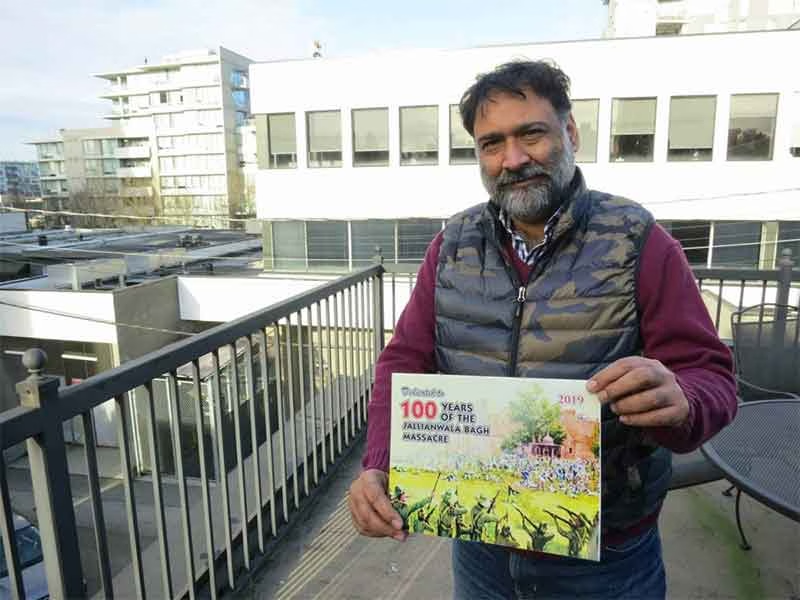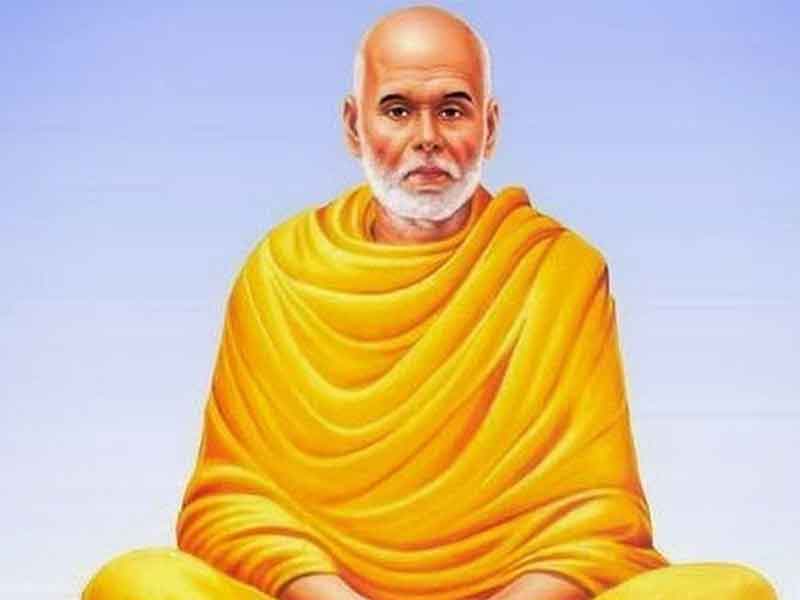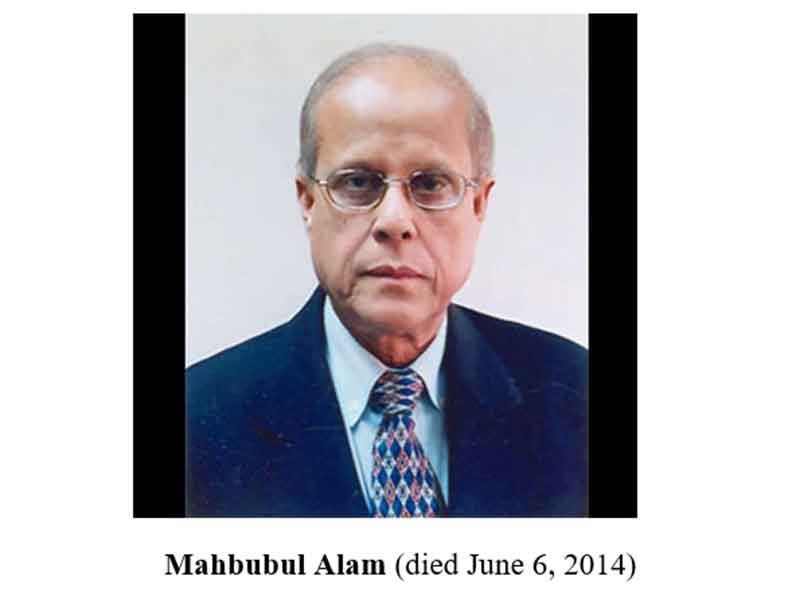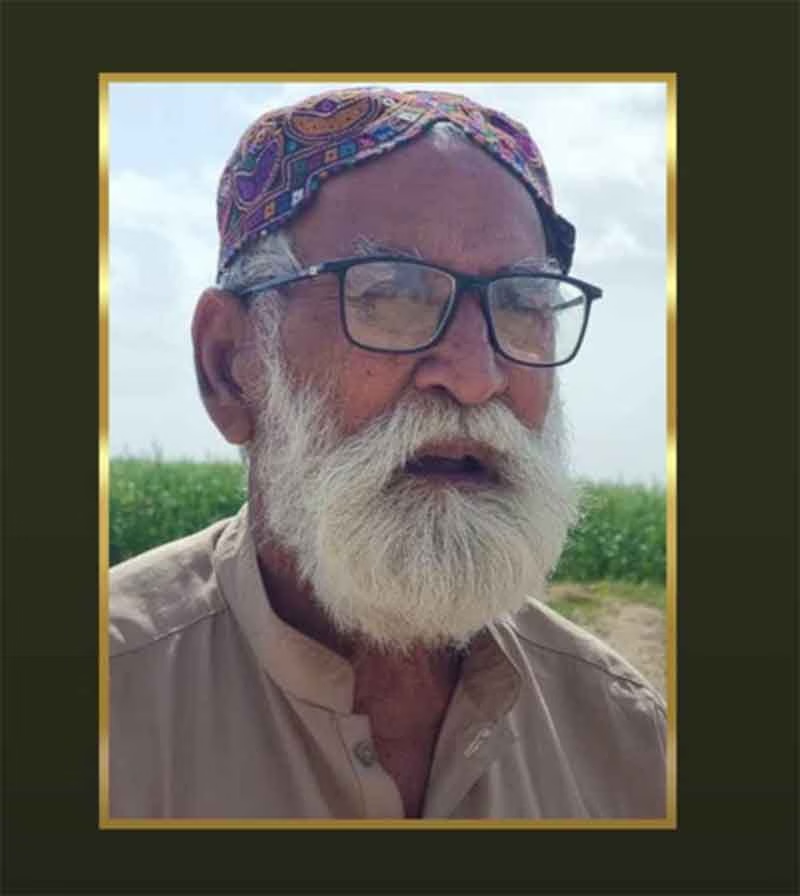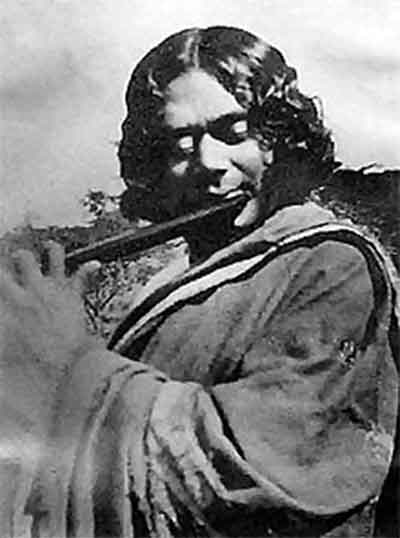
Multi-faceted artist, documentary filmmaker, poet, and social activist, Tarun Bhartiya, sadly passed away last Saturday morning in Shillong. He was 54 and fell to a heart attack at Woodland Hospital.
His contributions to creativity and activism left an indelible mark on Shillong and beyond. Service of humanity and exposing loopholes of injustice in society in diverse spectrums characterised his life story. Tarun Bhartiya’s voice, both in art and activism, will always resonate. His unwavering dedication to justice and storytelling epitomised a life lived with purpose and passion.
He is survived by his wife, Angela Rangad, and their three children—a daughter and two sons. His voice manifested liberation and cultural preservation.
Born in Mithila province, Bhartiya as a documentary filmmaker, his films explored humanity’s interaction with environmental and political Bhartiya’s art was never content with awards alone with his objective to raise moral consciousness.
His dedication to showcasing the character of life in the Northeast, along with his endeavours to narrow the gap between the artist and the political activist, built a lasting legacy.
Bhartiya ‘s work was a concoction of morality and courage with artistic brilliance. He captured hearts in 2015 when he returned the National Award for Best Editing, a protest against the ascendancy of fascism he perceived gripping the nation. This act epitomised that art and activism were inseparable forces for revolutionising g society…
Bhartiya’s unflinching dedication to faith and identity penetrated the deepest barriers. Over 14 years, he articulately projected the debated avenue of belief systems among the Khasi community. His objective was to navigate the complexities surrounding the Khasi-Jaintia community’s debates on matters of faith, identity, and the process of nation-building.
He was a talented poet who wrote evocative Hindi poetry, a filmmaker whose documentaries explored pressing environmental and human rights issues, and a photographer whose striking black-and-white images caught the essence of Meghalaya and its intricate socio-cultural tapestry.
He composed extensively in Hindi, producing evocative verses that touched the soul of audiences across India. His poetry, written in Hindi, encompassed readers across linguistic and cultural barriers. Featured in anthologies such as Dancing Earth: Contemporary Poetry from Northeast India, his verses illustrated both the pulse and the penetration of regional identity. They reflected the socio-economic and political realities of contemporary times.
As a filmmaker, his documentaries encompassed critical environmental and human rights issues, earning him widespread recognition. In 2009, Bhartiya was honoured with the National Film Award for editing In Camera: Diaries of a Documentary Cameraman.
His black-and-white photographs chronicled Meghalaya’s , complex social composition and its relationship with nature. Through his lens Tarun captured a diverse range of resistance struggles, from the struggle of street vendors to protect their livelihoods against eviction, draconian laws to mass movements against corporate tyranny.
I greatly admired his contribution to Sanjay Kak’s film Red Ant Dream, which most illustratively and poignantly exploited the hounding of Maoists in Bastar. A riveting, poetic documentary which he co-wrote and edited. The documentary lucidly captured the merciless plundering of mineral resources in Central India by corporates, struggles of indigenous people and the intense tussle between the state’s forces and the Maoists. Craftily the themes of Paash .Bhagat Singh are interwoven in the film.
Through his project Niam/Faith/Hynniewtrep, he contrasted photographs with archival texts.. His work was featured in exhibitions, picture postcards, and texts.
Tarun Bhartiya’s films include “Brief Life of Insects” (2015, MIFF, Best Sound Award), “The Last Train in Nepal” (2015, BBC4, RTS award for Best Director, Factual), “Darjeeling Himalayan Railway” (Royal Television Society Award, Best documentary series 2010), Tourist Information for Shillong (2007) as well as music videos for several Shillong bands.
As an editor he has worked on notable films with film-makers like Vasudha Joshi (Girl Song, 2003 and Cancer Katha Special Jury Award, National Awards 2012), “Red Ant Dream” (Editor & Co-Writer, Sanjay Kak, 2014), “Jashn-e-Azadi” (Sanjay Kak 2007).
Subscribe to Our Newsletter
Get the latest CounterCurrents updates delivered straight to your inbox.
His website Raiot is a mirror on the society, culture and tradition.
More recently, he co-founded Shillong Humanists, a collective aimed in nurturing critical thinking and intellectual dialogue within the community.
Traun also played an active role in organising street vendors in Shillong representing the Meghalaya Progressive Street vendors association.
Harsh Thakor is a freelance journalist

